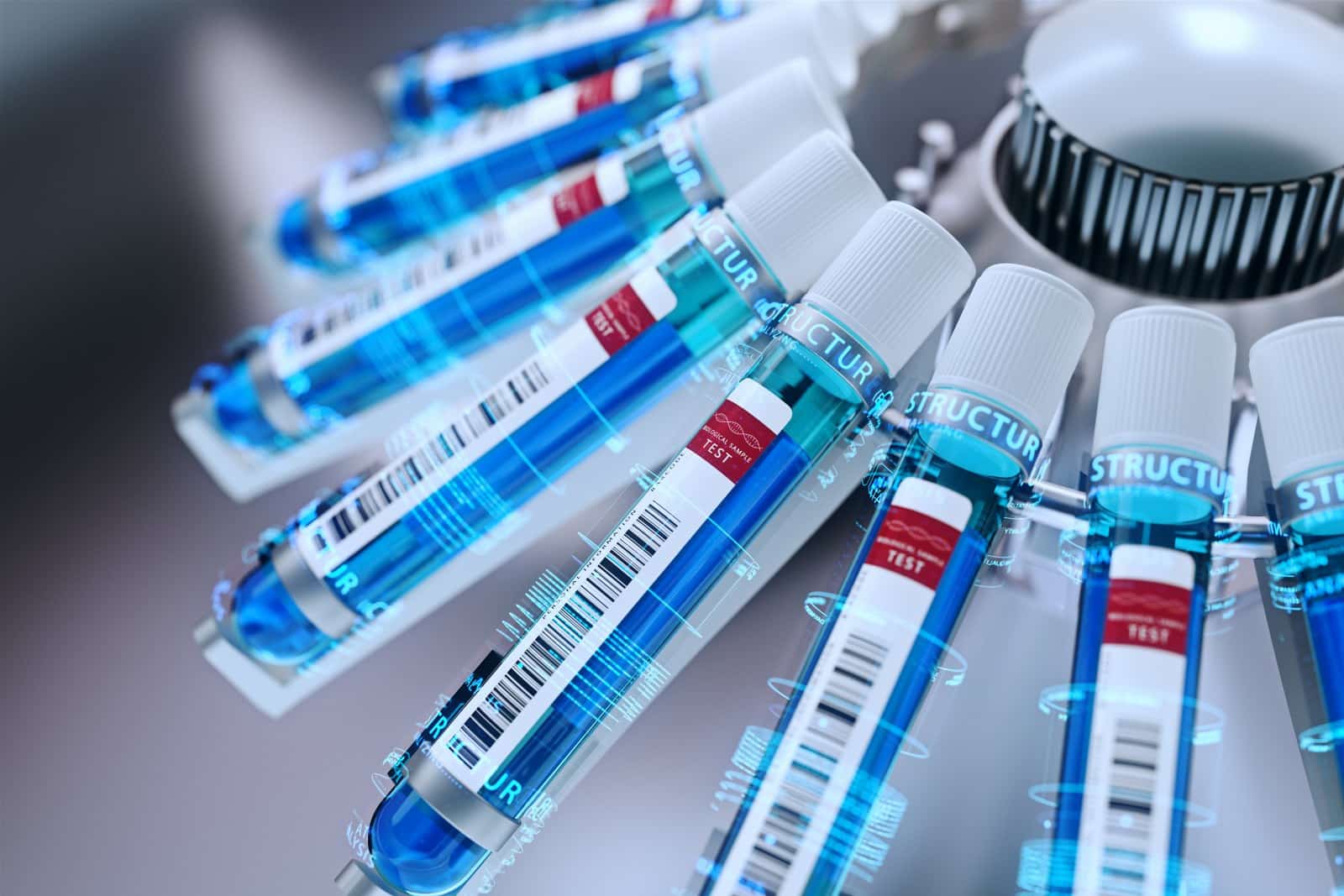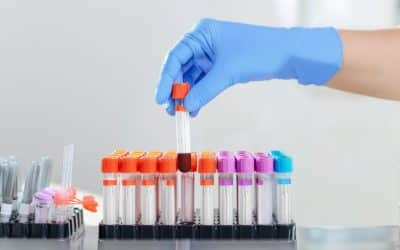
What are the best tests for health and longevity?
What are the best tests to track your health, prevent diseases, and reach your optimal lifespan potential?
The science of optimal health, preventive medicine and longevity is moving fast. This is one reason why many years can pass before new tests are implemented at your doctor’s office.
Many tests I will discuss here are not yet available in most doctors’ practices, because they are so new, or because they are too costly. Cost is also an important reason why governments do not recommend specific tests at a population level (but as we will discuss, various tests can still be affordable for most people).
I will list important metabolic tests, cancer screening tests, aging clock tests, and other tests to screen or diagnose problems early, to better prevent disease, or at least discover diseases more early, before it’s too late.
Prevention is of course far better than “curing” diseases. In fact, medicine is not good at curing most aging-related diseases such as heart disease, Alzheimer’s disease, or osteoarthritis, to name a few. So preventing them is pivotal.
Examples of tests for longevity and health.
1. A proper blood test
Unfortunately, most blood tests are crude and superficial. Many blood biomarkers are not very accurate in predicting or diagnosing disease.
For example, HDL, LDL and total cholesterol provide only a superficial insight into your risk of heart disease, and better biomarkers exist.
Learn more about the problems and shortcomings of most blood tests here.
2. Epigenetic tests
These tests measure your biological age, and your risk of diseases and mortality.
I explain more about the best epigenetic tests here. Learn more about the role of the epigenome in aging here.
3. Cancer screening tests
There exist various tests to screen for cancer.
One type of test are multi-cancer screening tests, like for example the Galleri test, which I discuss more in detail here.
Other screening tests I will discuss later here, and in detail in my upcoming book.
4. Genomic tests
One has to be careful interpreting DNA tests. All in all, DNA testing to predict disease risk and health has somewhat been of a disappointment.
However, genomic tests still can be useful for specific indications, as I will discuss later on.
5. Whole-body MRI
An MRI of the entire body is an interesting test to track cancer early. Also, contrary to CT scans, MRI scans do not deliver relatively high doses of radiation.
However, MRI tests cannot detect all cancers, and still have some shortcomings.
More information coming soon.
6. Microbiome tests
The microbiome (the bacteria in our gut) plays an important role in our health and aging process.
There are currently many microbiome tests available. However, given the complexity of the microbiome and its interaction with the host (us), we need to be careful about how to interpret these microbiome tests.
Also, some microbiome companies are far more advanced than others.
More information coming soon.
7. Cardiovascular tests
I will write more about the best tests to assess cardiovascular health later on.
8. Continuous blood glucose monitoring (CGM)
Measuring glucose levels, especially after meals, can be insightful to see which foods cause high sugar peaks, which leads to accelerated aging, for example by increased glycation and crosslinking.
More information coming soon.
9. Tests for osteoporosis
Osteoporosis is a big problem in women, especially after menopause. But also many men get brittle bones. For example, a DHA test is highly recommended to detect (early) osteoporosis.
More information coming soon.
10. Other tests
More tests will be described in detail in my upcoming book on longevity.
Subscribe to our newsletter to stay updated!




